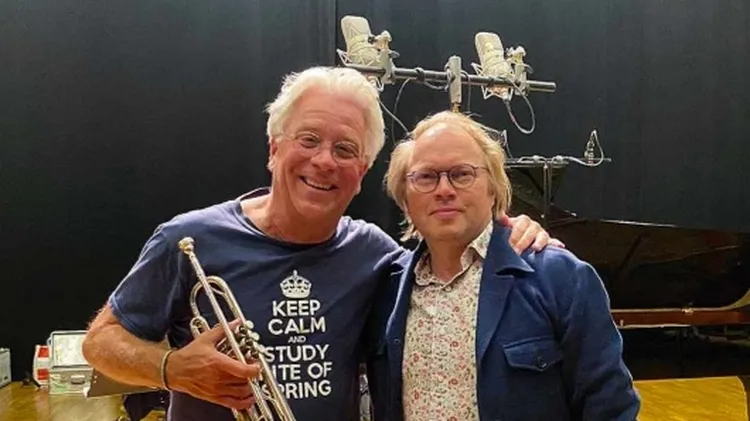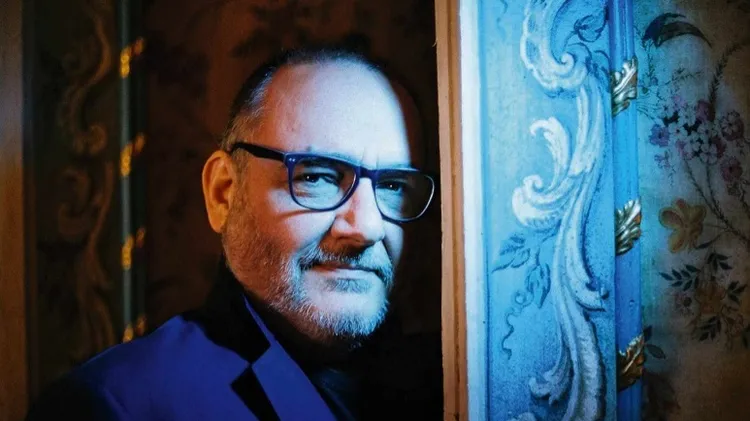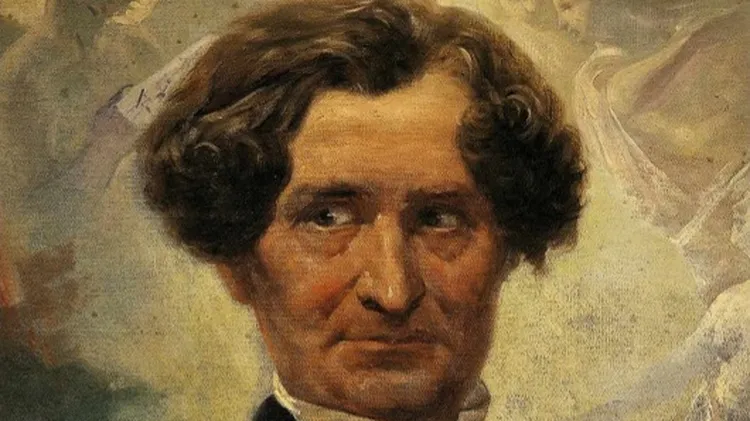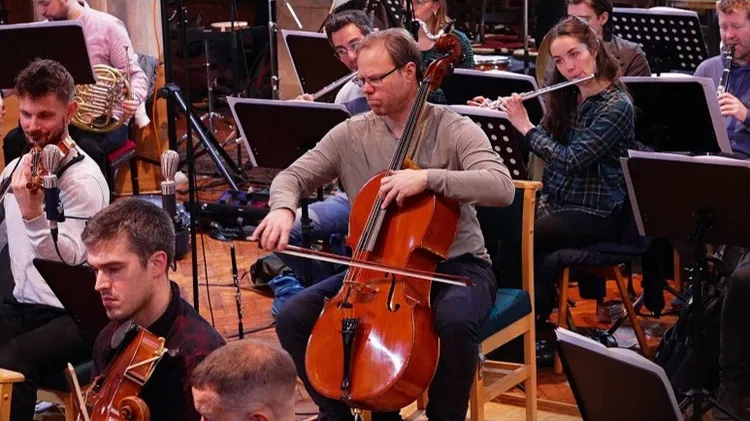Remarkable music played remarkably well: that’s Marc-André Hamelin’s tradem
One of a kind
9 min read
This article is from...
Read this article and 8000+ more magazines and newspapers on Readly






